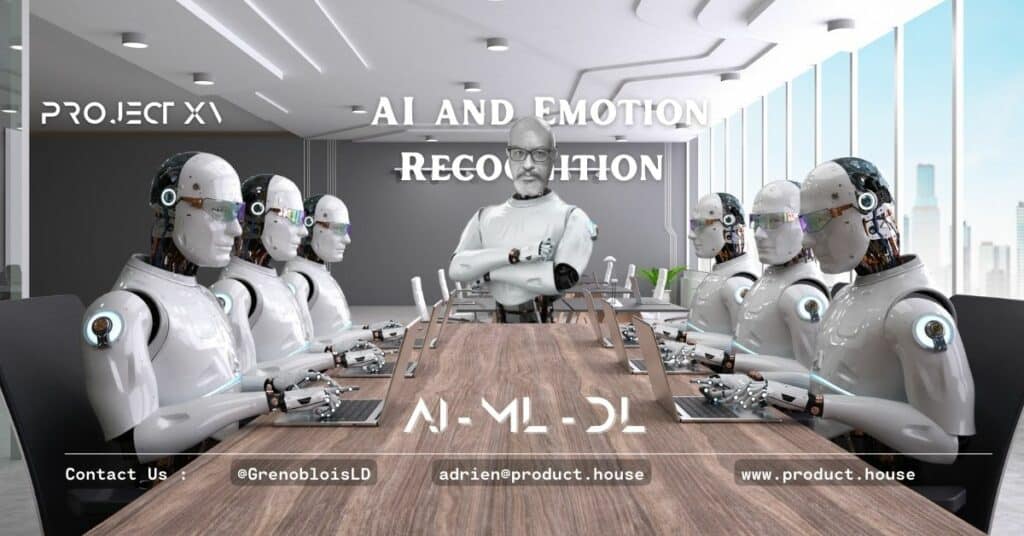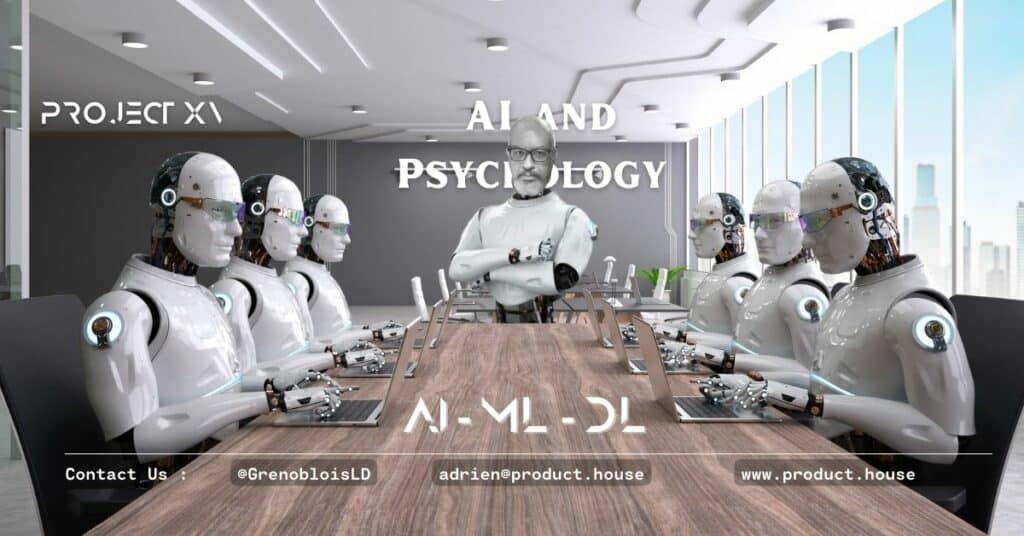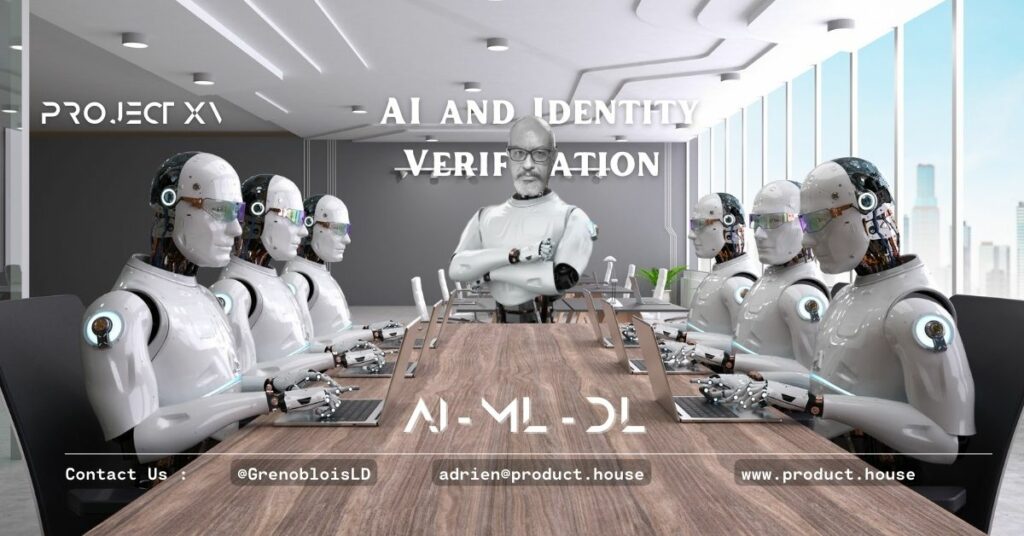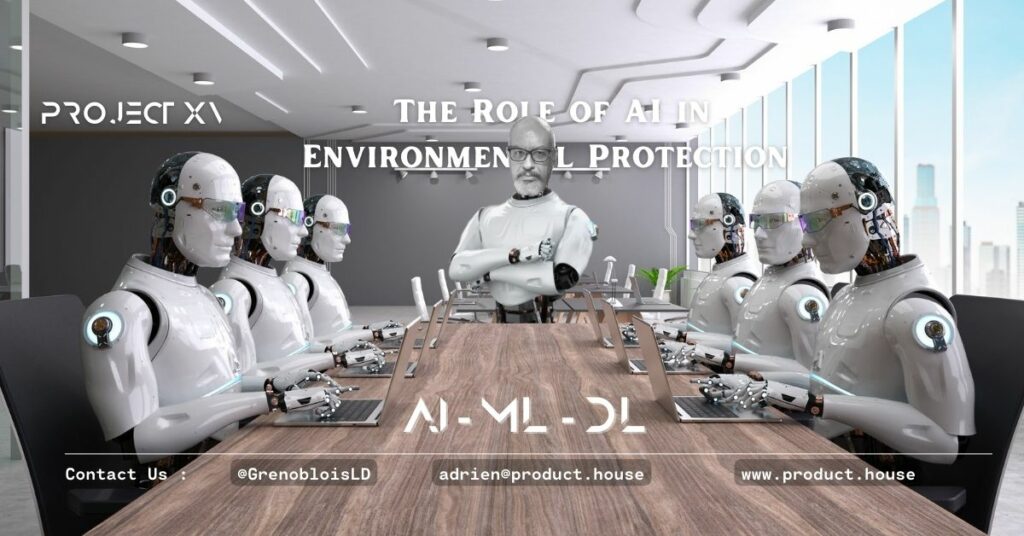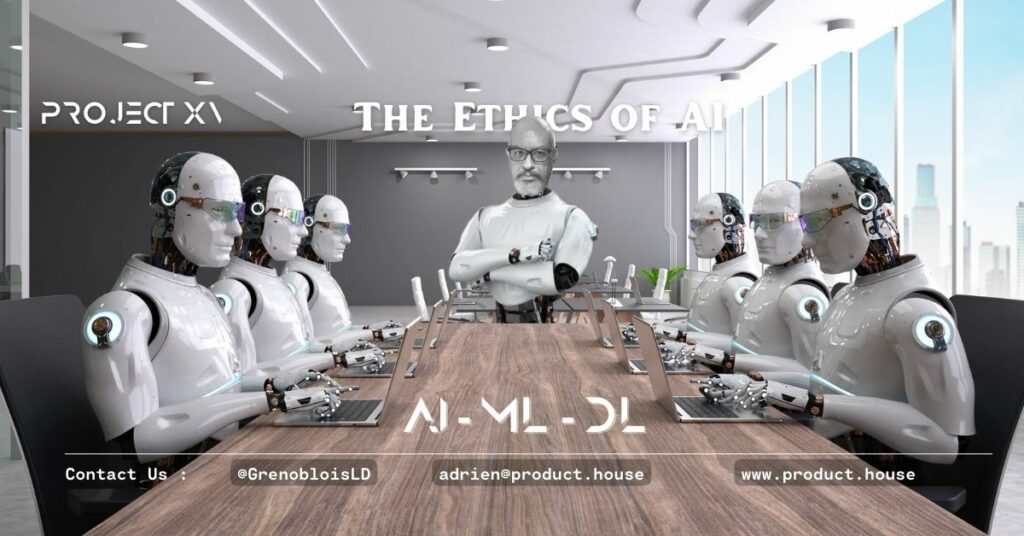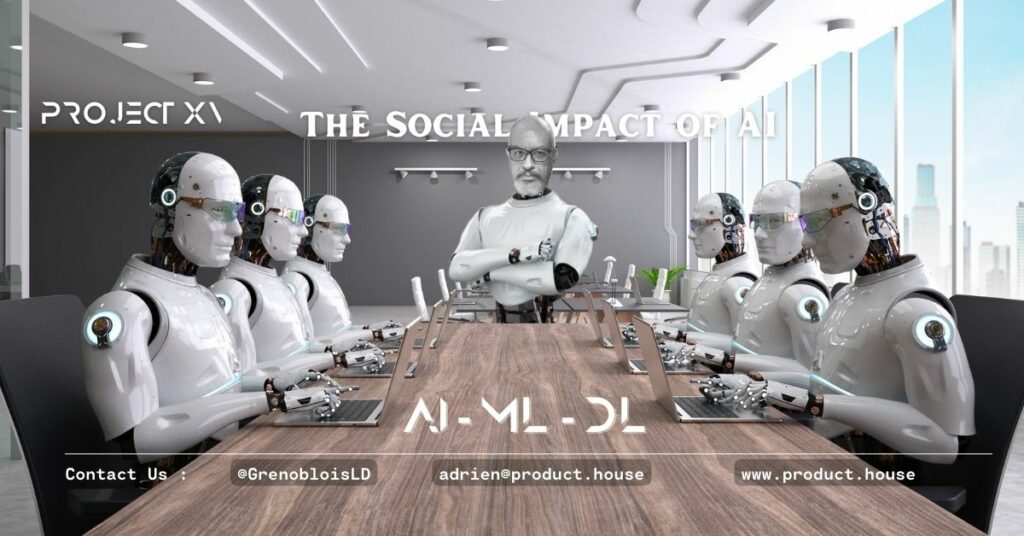AI and Emotion Recognition: Improving Communication and Interpersonal Relationships
Emotions are an essential aspect of human communication and play a crucial role in interpersonal relationships. However, accurately understanding and responding to emotions can be…

